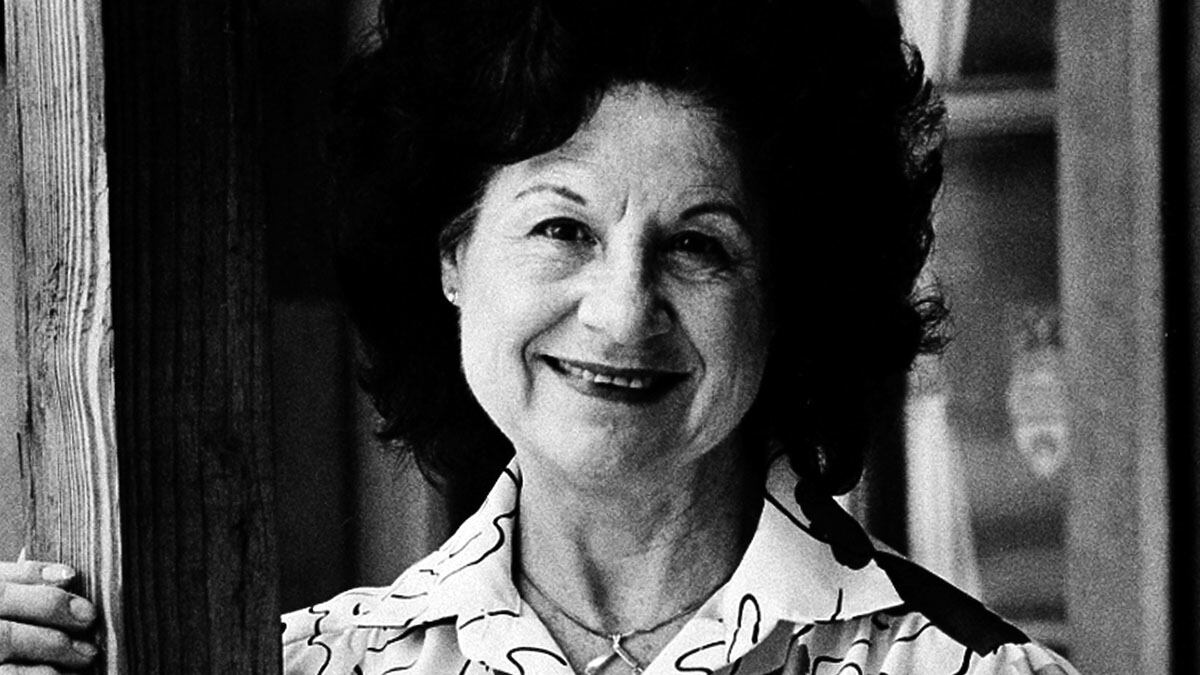Archive
Mark Humphrey / AP Photo
Kitty Wells, The Girl Singer Who Became Country’s Queen
HONKY TONK ANGEL
Wells transformed old cheating and heart songs into soul music by resisting the overplay of emotion, writes singer Laura Cantrell.

Trending Now





